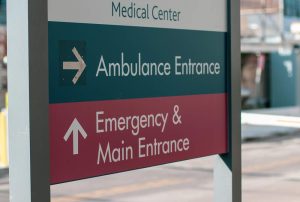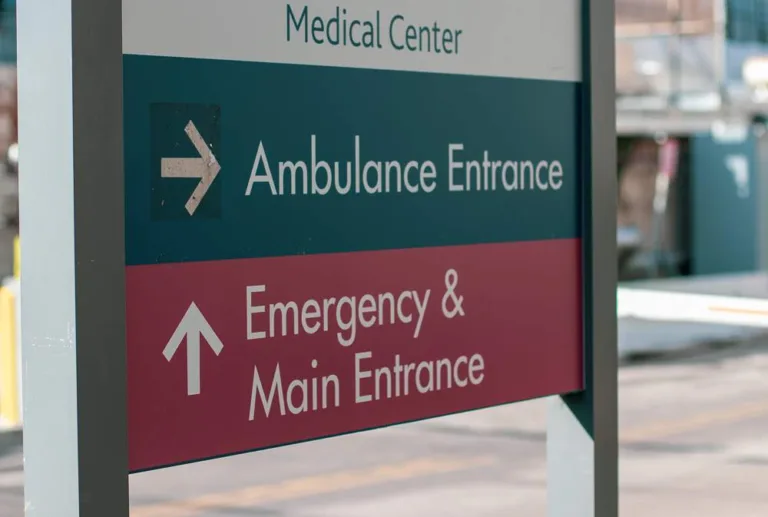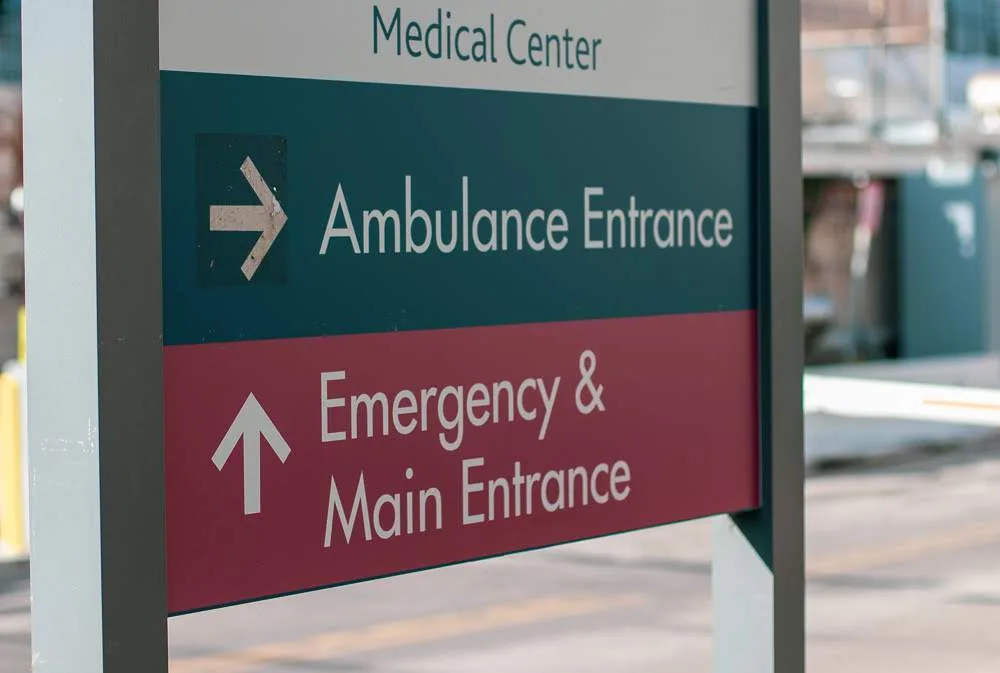We want our homes to be places of safety and solace for our friends, our family, and ourselves. Unfortunately, accidents can and do happen. If you were injured in an accident on another person’s property, you may be entitled to bring a personal injury claim against them. Call our law offices today and schedule a free consultation with one of our experienced Dallas premises liability lawyers.
Common Household Injuries

Fall Injuries
Falls are one of the most frequent household accidents, and they can cause severe injuries such as broken bones, concussions, and even death. Installing assistance devices such as grab bars in bathrooms for senior citizens, and baby gates at the top of staircases in houses with children can help prevent serious falls. Using non-skid rubber floor mats in bathrooms and kitchens and ensuring that floors are free of obstacles like shoes or toys is also effective.
Lacerations
An overwhelming majority of household accidents take place in the kitchen. Of these, lacerations are one of the most common. To prevent cuts, regularly sharpen your knives, never carry a knife around the kitchen or from room to room, only use knives with a non-slip cutting board or a cutting board on top of a kitchen towel, and ensure they are stored securely in a knife block when they are not being used. Keeping a well-stocked first-aid kit on hand is also a good idea.
Poisoning
Accidental poisonings occur most often in young children whose combined proclivities for curiosity and putting things in their mouths can lead to the ingestion of cleaning supplies, lawn care products, and medications stored in unlocked cabinets and other accessible areas. However, adults are not immune to household poisonings as they, too, can be exposed to hazardous substances like carbon monoxide. To prevent accidental exposure or poisoning, keep all drawers and cabinets closed with childproof locks, and test the batteries in your carbon monoxide detectors every month.
Burn Injuries
A burn injury is another injury for which the kitchen is the most obvious location. Roughly 500,000 people seek medical care for burn injuries each year, 72% of which occur in the home. However, stoves, ovens, and hot soup are not the only things that should be handled with caution. If your water heater is set to more than 120 degrees, you could be scalded while washing your hands or taking a shower. In addition to the routine testing of your smoke detectors, you should also have a fire extinguisher in the kitchen, garage, primary living area, and at least one on every floor of your home.
Common Sense Tips to Prevent Common Home Injuries
For as many serious accidents as could potentially occur in your home, there are as many ways to prevent them and keep your home safe for your family and friends.
Clean Your Space
Keeping your floors free from clutter will help prevent trip-and-fall accidents. Cleaning up spills right when they happen will help prevent slipping accidents. Make sure all of your items, like books, clothes, and toys, have a home and are put away so your pathways are clear and free of obstructions.
Use Ladders Safely
Never stand on a chair, table, or other piece of furniture to access something that is out of reach. Step ladders and ladders are a much safer option. Make sure your ladder is resting on a steady surface, and always be mindful of the weight limit.
Don’t Clutter the Stairs
Falling down the stairs is another very common household injury, especially if you have a habit of putting things there that need to go to another area of the house. To prevent falls, keep your stairs free from clutter, make sure the carpet is properly secured, and that the handrails run the length of the staircase.
Secure Area Rugs
Almost everyone has tripped over a loose rug at one time or another. When area rugs are not secured, the loose edges can get tangled up in your feet and throw you off balance, which can cause you to trip and injure yourself. Use double-sided carpet tape or non-skid pads to keep rugs flat. Alternatively, you could buy rugs with slip-resistant backing.
Don’t Forget About the Bathroom
If you have balance or mobility issues or are recovering from an injury, your shower can be hazardous because it is very easy to slip. Using non-slip bathmats on your floors, adhesive decals in your tub, and grab bars in your shower and by the toilet can all help prevent serious and potentially life-changing injuries.
Stock Emergency Supplies
If an accident happens, it is a good idea to have some basic emergency supplies on hand. Ensure your home has a well-stocked first aid kit, non-perishable food, batteries, flashlights, extra chargers, and any other supplies your family deems necessary. Always keep prescription medicines organized and clearly labeled.
Test Your Detectors
Carbon monoxide is a colorless, odorless gas. Inhaling it can cause serious illness and even death. The Centers for Disease Control and Prevention states that more than 400 people die from carbon monoxide poisoning every year in the United States; a fate that can be prevented by installing carbon monoxide detectors throughout your home. The International Association of Fire Chiefs recommends at least one detector for every floor in your home, and the same with smoke detectors. Test your carbon monoxide and smoke detectors once a month to confirm they are in good working order.
Keep Dangerous Areas of Your Home Baby-Proofed
Your home should be safe for every member of your family, including children and babies. Block access to dangerous areas, including those that contain laundry products, cleaning supplies, and other hazardous chemicals. Always store these kinds of items in a drawer or cabinet fitted with child-proof locks to keep your little ones from easily accessing these toxic and potentially fatal substances.
Talk to a Dallas Premises Liability Lawyer Today
Property owners have a duty of care to ensure that their premises are reasonably safe for visitors. By conducting routine inspections and maintenance of and on your property and promptly addressing any safety issues or dangers, you can help lower the risk of serious injury and protect yourself from a possible lawsuit. If you sustained injuries on another person’s property, consult an experienced Dallas premises liability lawyer to ensure you understand your rights and options for seeking financial compensation.


